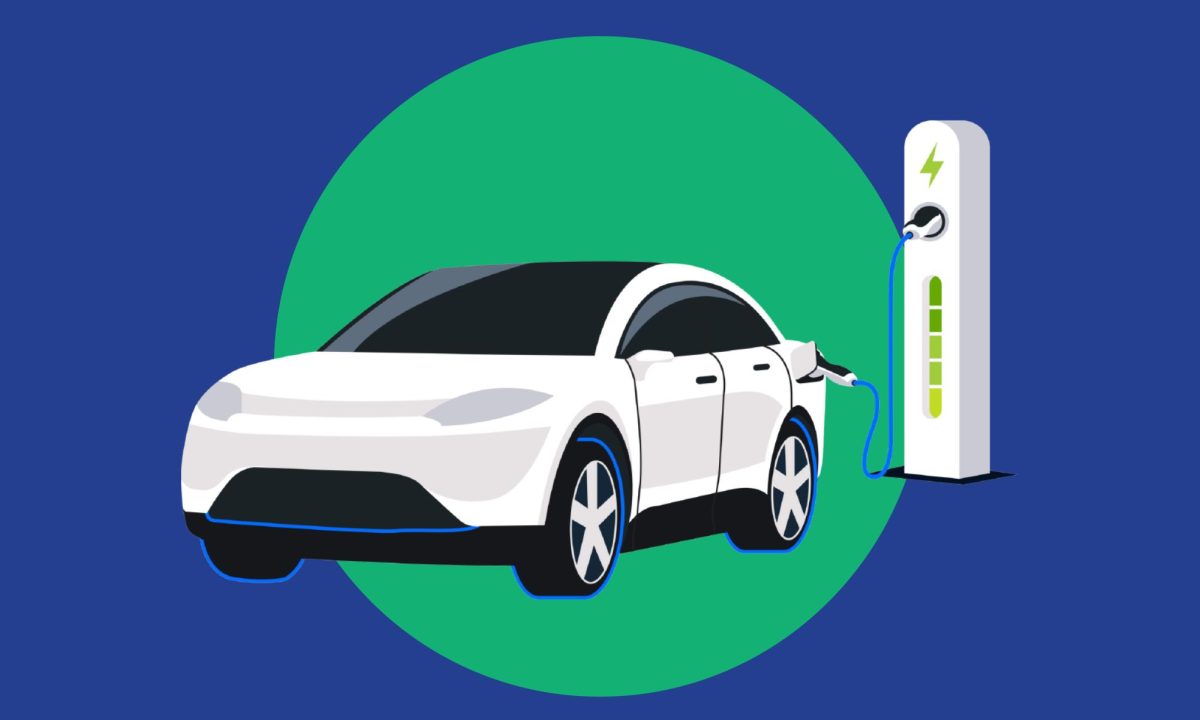As a society, teenagers and adults have a coffee addiction. It may seem like it positively impacts you, like keeping you awake, and it tastes good.
The problem with coffee is when you have too much caffeine, it actually leads you to an increased amount of anxiety, increased heart rate, increased blood pressure, hard time sleeping, and more. Even though it keeps you alert, this stimulant has negative consequences to your health.
There are drinks that can improve your health and habits. Even though your body will deal with the consequences of a withdrawal from coffee, it is worth not hurting your body even more in the future.
There are 95 mg of caffeine in eight fluid ounces of coffee, or one cup of coffee. Your body needs under 400 mg of caffeine a day and, depending on how much a person drinks, coffee can be over in a matter of sips.
There is caffeine that is found in medications as well as other things that you consume, so these options may not have much caffeine, but are better than drinking coffee everyday. These options should not be in your body everyday, but again, they are better alternatives to coffee.
Matcha Tea
Matcha Tea is not for everyone, but it does have many health benefits that can positively help the body compared to coffee in general.
Matcha tea is a processed tea leaves that are finely crushed. Matcha does contain caffeine, but it is far less than coffee. On average, matcha tea contains about 70 mg of caffeine in a cup of coffee. Coffee tends to have 95 mg of caffeine but can go as high as 100-140 mg per cup.
The health benefits matcha has is decreasing stress, preventing inflammation, lower risk for high blood pressure, lower risk for heart disease, lower risk of hardening the arteries, contains fiber, contains vitamin C, contains magnesium, contains selenium, contains zinc, contains chromium, boost metabolism, as well as improving your mood.
Black Tea
Black Tea, like matcha, isn’t for everyone, because this tea is much stronger in flavor than the other teas.
On average, there are 47 mg of caffeine on average for one cup of black tea or eight fluid ounces. Black tea helps lower blood cholesterol, reduces the risk of stroke, improves focus, lowers blood sugar levels, and can decrease risk for skin cancer.
Black tea also can decrease the risk of oral cancer, breast cancer, and gynecological cancer (which still needs to be studied if it actually does decrease the risk), lung and thyroid cancers (still need to be more studies), and lessens the risk of death. There can also be about 50-90 mg per cup compared to the average 47 mg.
Smoothies
There are natural sugars in fruits, but compared to coffee, it is a lot better.
Protein powders are not checked by the FDA so there is know way of knowing if the powder actually contains what the manufacturers are saying it has. There is no way of knowing the long-term effects of this powder so it could be good or bad. There can also be high added sugars and calories that you don’t need. In smoothies you can add an array of fruits and vegetables to your smoothies, but you need to watch about the added or natural sugars that can contribute to dental problems and obesity.
Water
Even though water may not replace the coffee addiction, it allows you to stay hydrated compared to coffee, which dehydrates you. It contains no caffeine and costs extremely less than coffee. Water allows the body to function properly. There are no negatives to drinking water unless you have too much water in your system.
Coconut Water
Coconut water doesn’t have any caffeine, but allows a person to have energy and be awake in the morning.
It is sweet but has a sort of nutty flavor. Coconut water is about 95 percent water and still contains proteins and carbohydrates. If you are worried about calories, it is low in calories. Since coconut water has high levels of electrolytes, provides essential nutrients to the body, helps digestive health, improves skin hydration, and more there are health benefits to drinking this type of water.
Coconut water maintains muscle function, helps bone structure, as well as regulating the body. Even though it is healthy to have, you shouldn’t have it all the time because it leads to hyperkalemia, cardiac arrhythmias, and death. People should not drink coconut water if you are taking medicine to reduce how high your blood pressure is because it can cause an imbalance of electrolytes.
Coconut water also is the perfect choice if you need a post-workout drink, according to The Ohio State University Wexnder Medical Center. When you go out in the heat for a long time, or are dealing with an illness, you can take coconut water to not overheat or feel better.
Antioxidants are important for the body because they help protect healthy cells and avoid cancers and heart disease so you should think about drinking coconut water. You can add coconut water to juices; smoothies; in certain dinners like carries, soups, and stir fries; into salads dressings by mixing coconut water, garlic, apple cider vinaigrette, herbs, and olive oil; you can also add it into lemonade and iced tea.













